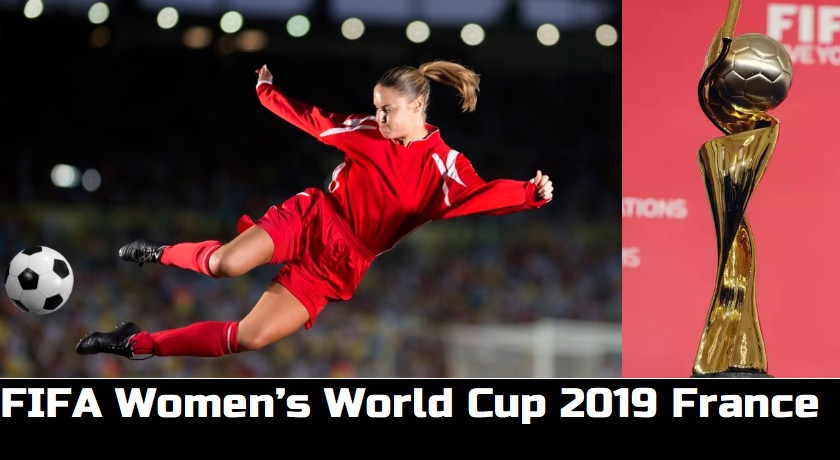
Just days before the World Cup kicked off, however, the Matildas released a video calling out FIFA for the prize money on offer. The new deal ensured both teams received a 24 per cent share of revenue generated by the national teams, access to a three-tiered annual salary contract of between $66,000 and $100,000 and the same access to off-field benefits such as business-class flights and training facilities as the Socceroos.
FIFA WORLD CUP 2019 PROFESSIONAL
Football Federation Australia and Professional Footballers Australia signed off on a landmark collective bargaining agreement that closed the pay gap between the Socceroos and the Matildas. The emergence, in recent years, of professional competitions for women in cricket, rugby league, AFL and, of course, football has finally given the players the opportunity to pursue a sporting career that, while still financially well behind their male counterparts, is heading in the right direction.įor the Matildas, 2019 was a watershed year.

FIFA WORLD CUP 2019 TV
Without the attention afforded by wider media coverage, women in sport have long struggled to attract the dollars afforded by sponsorship and TV rights to adequately support and reward them for their efforts. As a yardstick of the snail-like progress, an analysis from 2008-09 found a paltry 7 per cent of sport programming on television was devoted to covering women. It has been a protracted battle for professional recognition ever since. In 1975, the first women’s soccer team to represent Australia flew to Hong Kong to compete in the inaugural Asian Federation Cup, finishing third. Playing in front of jam-packed stadiums and watched on TV by record-breaking audiences, women’s soccer in Australia is now commanding the biggest of sporting stages. The Matildas’ World Cup journey has metamorphosed into one almost all Australians are now wholeheartedly invested in. It’s an attitude and conviction that has rubbed off on the nation. There is little doubt they believe in their ability to go all the way. Putting aside the early shock loss to Nigeria, the Matildas’ convincing victories against Denmark and reigning Olympic champions Canada have put on show a team that has taken Gustavsson’s mantra to heart.


If we can believe, then it’s going to be a very, very interesting World Cup.” Rather than highlighting the team’s athletic prowess, the Swedish coach wanted to dwell on the players’ state of mind: “When you believe, it means you can achieve something that is more than expected of a team. When Matildas coach Tony Gustavsson was asked a year ago whether the Australian team, after seven failed attempts, could be victorious at this year’s FIFA World Cup, his answer was typically enigmatic.


 0 kommentar(er)
0 kommentar(er)
